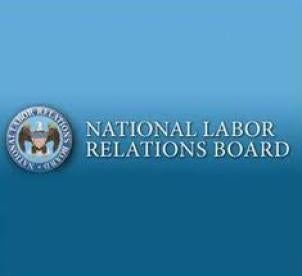In the wake of the COVID-19 pandemic, many unionized employers are facing a steady stream of information requests from unions representing their employees regarding how the particular employer is responding to the pandemic. Information requests from unions are part and parcel of everyday life for countless unionized employers, but given the unprecedented nature of the pandemic, employers are not always clear on what they have to provide to the union.
While the topics of these pandemic-related information requests may be novel in some respects, the standard the National Labor Relations Board (NLRB) uses to evaluate whether an employer must provide the requested information to the union is not. The NLRB divides the topics of information requests into two categories. First, there is information bearing directly on bargaining unit employees’ wages, hours and other terms and conditions of employment. This information is “presumptively relevant,” meaning the union is generally entitled to it on request – no questions asked.
On the other hand, there is information that the union might need to administer a particular collective bargaining agreement but doesn’t bear directly on unit employee wages, hours and other terms and conditions of employment. In these situations, the union is required to articulate specific reasons why the information is necessary for them to perform their representative function. Depending on the reasons the union gives, the information requested may or may not be relevant. Even if the information is relevant, legitimate employer interests are not ignored—if such interests are articulated by the employer, the parties must bargain for an accommodation that would allow the union to receive the information in a way that would protect the employer’s legitimate interests to the extent possible.
How does that standard apply to COVID-19 related information requests? Some of the requests employers are facing fall into the presumptively relevant category and therefore must be provided upon the union’s request. These include requests for information about what policies and procedures employers are implementing, and generally what steps they are taking, to keep employees safe during the pandemic. Additionally, requests regarding what enhanced benefits, if any, employers are offering to their employees would be presumptively relevant since they relate directly to unit employee terms and conditions of employment.
Other questions, however, present a closer question regarding relevance. For instance, requests from a union about how the employer determined it is an “essential business” under a particular state or locality’s “shelter in place” order, or for the identity of a worker who has tested positive for COVID-19 fall into this category. For these types of requests – if the union establishes relevance – it may be necessary to bargain with the union to reach an accommodation to protect legitimate interests like confidentiality and privacy.
The bottom line is that employers need to evaluate each request and build a record of responsiveness and attempts to provide relevant information to the union while protecting their own legitimate interests.




 i
i


